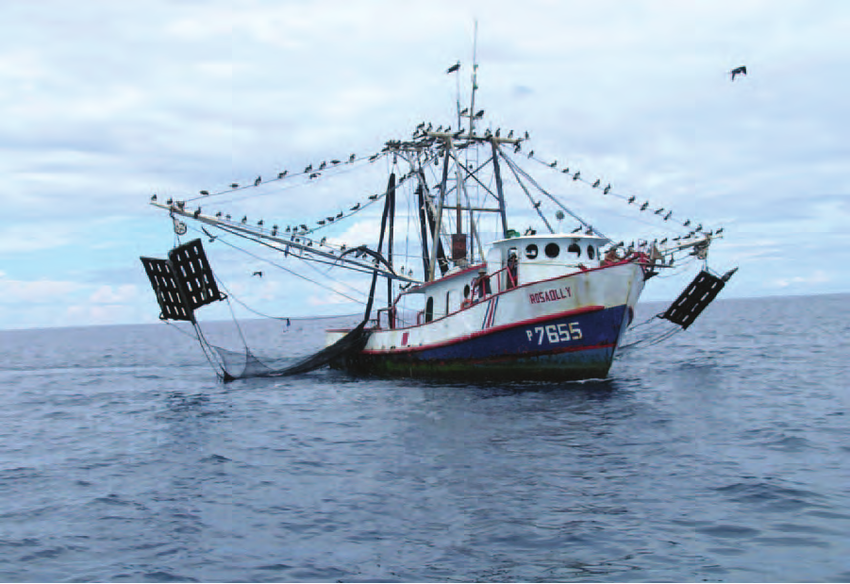The Debate on Shrimp Trawling
In recent times, there’s been significant buzz surrounding Costa Rica’s approach to shrimp trawling. The question on everyone’s mind: Is Costa Rica using research as a guise to resurrect the previously banned shrimp trawling?
Background: The Ban on Shrimp Trawling
Shrimp trawling was banned in Costa Rica due to its detrimental environmental impact. The method, which involves dragging nets along the ocean floor, often results in high bycatch, harming various marine species and disrupting delicate marine ecosystems.
The Rise of “Research” Initiatives
Recently, several initiatives labeled as “research projects” have emerged, aiming to study the effects and potential modifications of shrimp trawling techniques. These projects purport to be seeking ways to make shrimp trawling more sustainable and environmentally friendly.
Critics’ Concerns
Many environmentalists and marine conservationists are skeptical. They believe that these so-called research initiatives are merely a covert attempt to reintroduce shrimp trawling to Costa Rica. Critics argue that the focus should be on entirely sustainable fishing methods, rather than trying to modify a fundamentally flawed approach.
Costa Rica’s Stance
Costa Rican authorities emphasize the importance of science-based decision-making. They claim that if research proves that shrimp trawling can be modified to be sustainable, it might be reconsidered. However, they also affirm their commitment to preserving marine ecosystems and ensuring that any fishing methods employed are truly sustainable.
The Global Context
It’s essential to understand that the debate in Costa Rica mirrors a global conversation about sustainable fishing. As marine ecosystems worldwide face threats from overfishing, pollution, and climate change, the methods used to harvest seafood are under intense scrutiny.
Awaiting Clear Answers
As of now, whether Costa Rica’s research initiatives are genuine attempts to understand shrimp trawling better or a veiled effort to revive the practice remains a point of contention. What’s undeniable is the need for transparency, scientific rigor, and a commitment to sustainability in all marine practices.

